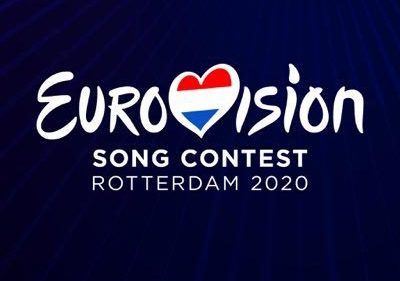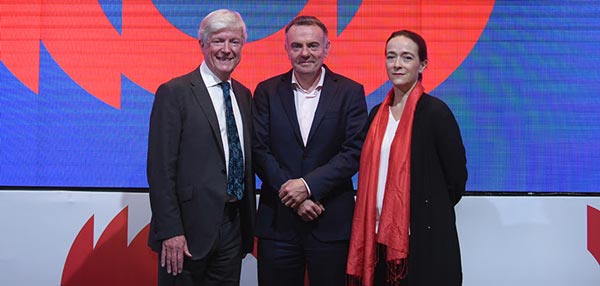GENEVA: The European Broadcasting Union (EBU) is backing the European Commission’s (EC) proposed changes that would allow audiovisual services to be made available across borders within the “Digital Single Market.”
The EBU, an alliance for Europe’s public service media (PSM) organizations, presented its viewpoint on the EC’s proposal during a hearing in the European Parliament organized by the European Conservatives and Reformists (ECR) Group. The EBU said that the proposal on broadcasters’ online transmissions and retransmissions will enable more PSM content to circulate online without harming the existing prerogatives of rightsholders and broadcasters. PSM invest some 16 billion euros in content every year and need to obtain all the necessary rights from a vast variety and number of rightsholders. This, coupled with the lack of legal certainty, means that most of their TV programs are prevented from being made available online without resorting to geo-blocking. By applying a single licensing framework to broadcasters’ online transmissions in the EU, the proposed model would help to ensure the cross-border availability of certain online content offered by broadcasting organizations.
The EC’s proposal also extends the application of the 1993 cable licensing model to IPTV services. The EBU hailed this is as “a positive start,” but added that the new provisions should apply to similar OTT and broadcasters’ catch-up services offered by cable and IPTV services.
Nicola Frank, the EBU’s head of European affairs, said: “The fact that the same current affairs program or European-made fiction can be watched in several EU countries via satellite and cable TV but not on the internet is an anachronism. The European Commission has made a proposal to change this situation by addressing the absence of a well-suited copyright licensing model.”
Frank added: “The EBU would not support the Commission’s proposal if it considered that it undermines territoriality and contractual freedom. These principles, which are fundamental for Europe’s audiovisual sector, are clearly asserted in the draft legislation itself.”
“The draft Regulation is based on the licensing model for satellite and cable TV, which has functioned effectively for over 20 years without harming the prerogatives of rightsholders and broadcasters to limit the exploitation of a program on an exclusive territorial basis if desired. It has simply made the internal market for TV a reality: around 1,500 unencrypted free-to-air satellite channels and 3,000 cable TV channels are available around Europe.”
 TVEUROPE
TVEUROPE





